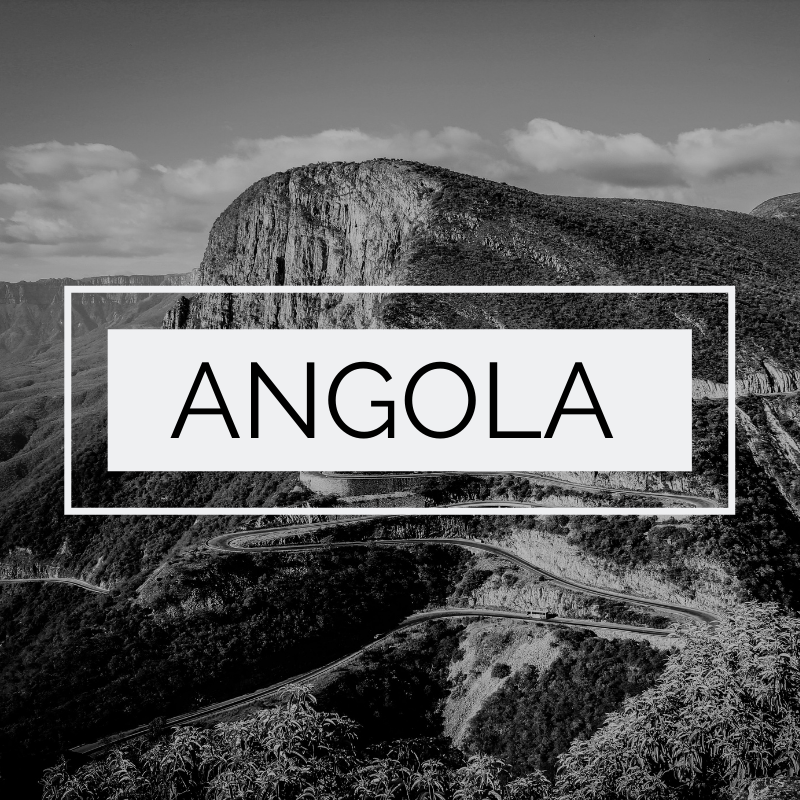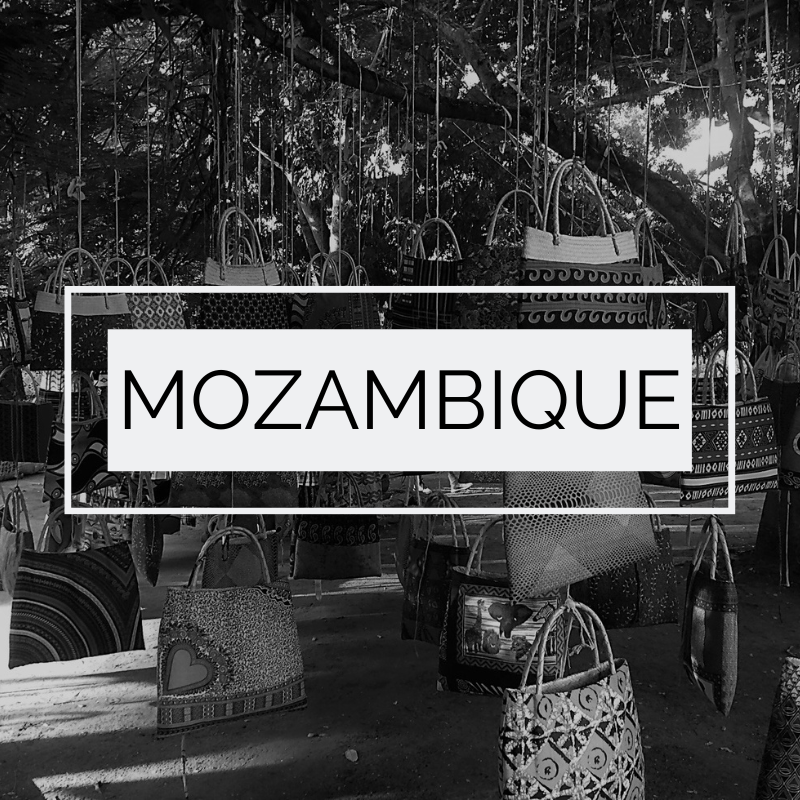Our work to date has seen us flexibly support civil society in new cases as they arise and in specific engagements where there is space for collective civil society collaboration. We nevertheless have a particular focus on several jurisdictions where we have a longer engagement to support civil society actors and/or where we can build on our collective work at the national level as regional and global examples.
Focus countries

Angola has launched a legal battle against the family of former president Dos Santos and accused the former president of having stolen billions of dollars between 2002-2017. The Luanda Leaks, a large cross-border investigation published in 2020, revealed the extent to which the Dos Santos kleptocracy, and in particular the former president’s daughter, Isabel Dos Santos, is alleged to have robbed Angola of billions through a business empire of over 400 companies spread over 40 countries. Our work in Angola started in 2021 with a clear focus on reaching out and partnering with key Angolan NGOs willing to become stronger actors in asset recovery.

Lavo Jato – or Operation Carwash – was Brazil’s largest ever corruption and asset recovery case. It began in 2014 and saw money laundering investigations involving Petrobras, the state oil firm, and construction giant Odebrecht in schemes where bribes were paid for contracts. Brazil alone recovered approximately USD 800 million and convicted almost 280 persons. The scandal stretched beyond Brazil’s borders however, and implicated politicians and business persons from across Latin America. CiFAR has engaged with key Brazilian CSOs in developing efforts to improve the perception of asset recovery as a pro-democratic tool among civil society in this country.
Kenya has seen major international corruption cases in recent years, with names including the Goldenberg, Anglo Leasing and Chickengate scandals becoming talking points across Kenya, only some of which have seen substantial progress towards resolution. Outside of these well-known examples, domestic institutions have been increasingly engaged in investigating and prosecuting public officials accused of corruption and have been engaged in recovering funds stolen by them. Since 2018 CiFAR has engaged with civil society in Kenya, establishing a presence in 2020 and registering as a Kenyan organisation in 2023.
In 2014, approximately USD 1 billion was stolen overnight from three Moldovan banks. The National Bank of Moldova acted quickly to bail out the three banks by allocating money from national reserves, with the debt eventually transferred to taxpayers. The money is believed to have been laundered through several European countries. Since then, Moldova has made extensive efforts to strengthen its anti-corruption and asset recovery frameworks. CiFAR has been working to support civil society partners in Moldova since 2018, focussing on both asset recovery and anti-corruption sanctions.

The Hidden Debt case is the major asset recovery case in Mozambique. It involves a concealed USD 2 billion loan from the UK branches of the Swiss Bank Credit Suisse and the Russian Bank VTB Capital to partially state-owned companies in Mozambique, which received a state guarantee on the loan. Of this loan, USD 850 million was provided to Empressa Moçambica de Atum, USD 622 million to ProIndicus and €535 million to Mozambique Asset Management between 2013 and 2014. Since 2019, CiFAR has been engaged with Mozambican CSOs in developing learning and knowledge exchange towards the advancement of asset recovery in the country.


